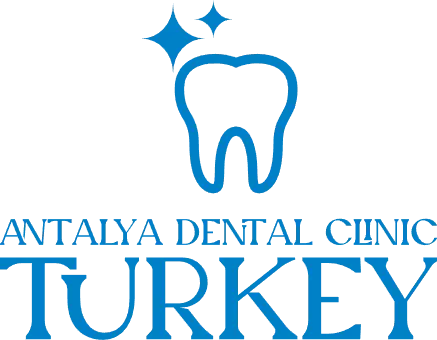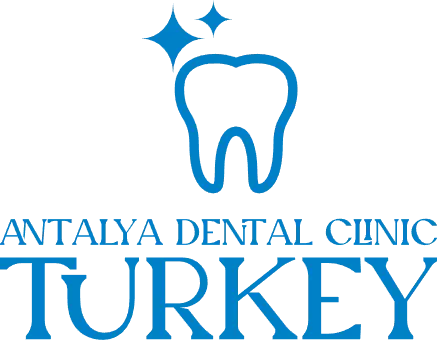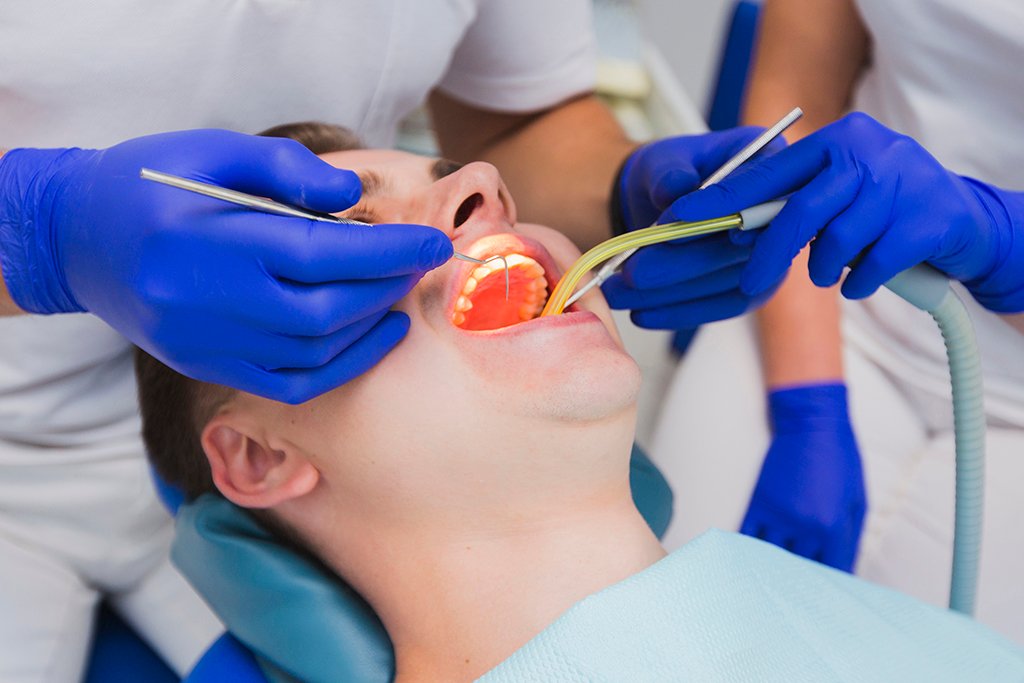Cost & Treatment Packages 5 min read
Discover the essential factors that influence the cost of tooth extraction and gain valuable insights into what you can expect when facing this common dental procedure. This comprehensive guide explores the various elements affecting pricing, practical considerations, and ways to navigate costs effectively, ensuring you are well-informed and prepared for your dental health journey. Whether you're seeking routine extraction or complex procedures, this article offers a detailed, expert perspective tailored to your needs.
Understanding Tooth Extraction
Overview of Tooth Extraction Procedures
Tooth extraction is a common dental procedure performed to remove a tooth that is decayed, damaged, or causing other dental issues. It is often necessary for the preservation of overall oral health, especially when other treatments like fillings or root canals are insufficient. The procedure can be performed in a dental practice setting, such as Didsbury Dental Practice or NHS dental clinics, and may vary in complexity depending on individual circumstances.
Types of Tooth Extractions: Simple vs. Surgical
There are primarily two types of extractions:
- Simple Extraction: Usually performed on visible teeth that are straightforward to remove. The dentist uses forceps to gently loosen and extract the tooth.
- Surgical Extraction: Required for impacted, broken, or otherwise difficult teeth. It involves making an incision in the gum tissue and possibly removing bone tissue. Surgical procedures tend to be more complex and costly.
Typical Cost Range for Tooth Extraction
The average cost of dental procedures, including tooth extraction, can vary widely. For straightforward extractions, prices generally range from £50 to £200 per tooth in the UK, depending on various factors. More complex surgical procedures, especially those involving wisdom teeth or impacted teeth, can cost upwards of £300 to £600 or more.
Factors That Influence Basic Procedure Costs
Several elements influence the initial cost of tooth extraction, including the type of extraction, the location of the dental practice, and the specific services included. It is important to consider these factors when planning for dental care to avoid unexpected expenses.
Key Factors That Affect the Cost of Tooth Extraction
Complexity of the Extraction and Tooth Location
The difficulty level of the extraction significantly impacts the cost. For example:
- Front teeth are generally easier to extract.
- Wisdom teeth or molars located at the back of the mouth often require surgical removal, increasing costs.
- Impacted teeth or those with roots that are difficult to access will typically involve higher fees.
Patient’s Dental Health and Medical History
Patients with pre-existing dental issues or medical conditions may require additional procedures or precautions, which can add to the overall cost. For instance, patients with periodontal disease might need more extensive treatment, influencing the final price.
Type of Anesthesia Used During the Procedure
Local anesthesia is standard for simple extractions, but sedation or general anesthesia may be necessary for complex cases or anxious patients. The choice of anesthesia can add to the cost, with general anesthesia being more expensive.
Geographic Location and Dental Practice Pricing Variations
Prices can vary based on geographic location. For example:
- Dental practices in central London or Manchester, such as those on Barlow Moor Road or in archives Kew London, may charge higher fees compared to rural areas.
- NHS dental services often have standardized pricing, but private practices might add additional costs for premium services.
Additional Services and Post-Operative Care Costs
Post-extraction care, including medications, follow-up visits, or procedures like air flow teeth cleaning, can influence the total expense. Some practices may also charge for extra services such as dental X-rays or socket preservation.
Use of Dental Insurance and Payment Options
Dental insurance plans can help reduce out-of-pocket costs, especially if the procedure is considered necessary rather than cosmetic. Patients should check their coverage, including any benefits for procedures like cosmetic dentistry smile makeovers or preventive treatments, and explore payment plans offered by their dental practice.
Practical Guidance for Managing and Reducing Tooth Extraction Costs
How to Obtain Accurate Cost Estimates
- Contact your dental practice directly to request a detailed quote.
- Review the NHS dental pricing structure, which provides transparent costs for standard procedures.
- Use online resources or archives, such as those from Didsbury Dental Practice or Barlow Moor Road Manchester, to compare prices.
Tips for Choosing the Right Dental Provider
- Prioritize quality and safety over cost alone.
- Check reviews and credentials.
- Confirm whether the practice offers comprehensive care, including post-operative support.
Insurance Coverage and Payment Plans
- Verify your dental insurance coverage for extractions.
- Ask about payment plans or financing options to spread costs over time.
- Consider dental practices that offer discounts or special programs for routine procedures.
Alternatives to Traditional Extraction (e.g., Wisdom Tooth Removal)
- In some cases, orthodontic or restorative options may reduce the need for extraction.
- Preventive care, such as regular dental check-ups and air flow teeth cleaning, can help avoid the need for complex procedures.
Preventive Measures to Avoid Future Extractions
- Maintain good oral hygiene.
- Limit sugary foods and drinks.
- Schedule regular dental visits to catch issues early.
- Use fluoride treatments and consider cosmetic dentistry smile makeovers for aesthetic and functional benefits.
When to Seek Emergency Dental Care and Cost Implications
- Seek immediate care if experiencing severe pain, swelling, or bleeding.
- Emergency procedures may incur higher costs but are crucial for preventing complications.
- Be aware of cookie settings on your device or website preferences that might affect access to online resources or appointment scheduling.
Final Considerations
Importance of Quality and Safety in Dental Procedures
Choosing a reputable dental practice ensures safe, effective treatment. Cutting costs should not compromise quality, especially for procedures like tooth extraction that require skilled expertise.
Long-Term Cost Savings Through Proper Dental Maintenance
Regular dental care, including routine check-ups and air flow teeth cleaning, can prevent the need for costly extractions in the future. Investing in preventive care is a wise financial decision.
Resources for Financial Assistance and Dental Discounts
- Explore NHS dental services for subsidized care.
- Look for local dental practices offering discounts or payment plans.
- Some dental practices may have special offers or financial assistance programs, especially for patients in the previous financial year or those seeking cosmetic dentistry smile makeovers.
Preparing for Your Dental Appointment: What to Expect
- Discuss your medical history and any medications.
- Understand the procedure, including anesthesia options.
- Follow pre- and post-operative instructions to ensure smooth recovery and avoid strenuous physical activity.
Summary of Key Cost Factors and Practical Tips for Patients
- The complexity and location of the tooth significantly influence costs.
- Use insurance and explore payment options.
- Prioritize quality and safety.
- Preventive care reduces long-term expenses.
- Always seek accurate estimates and choose reputable providers.
By understanding these factors and practical considerations, patients can make informed decisions about their dental care, ensuring both effective treatment and financial peace of mind.


